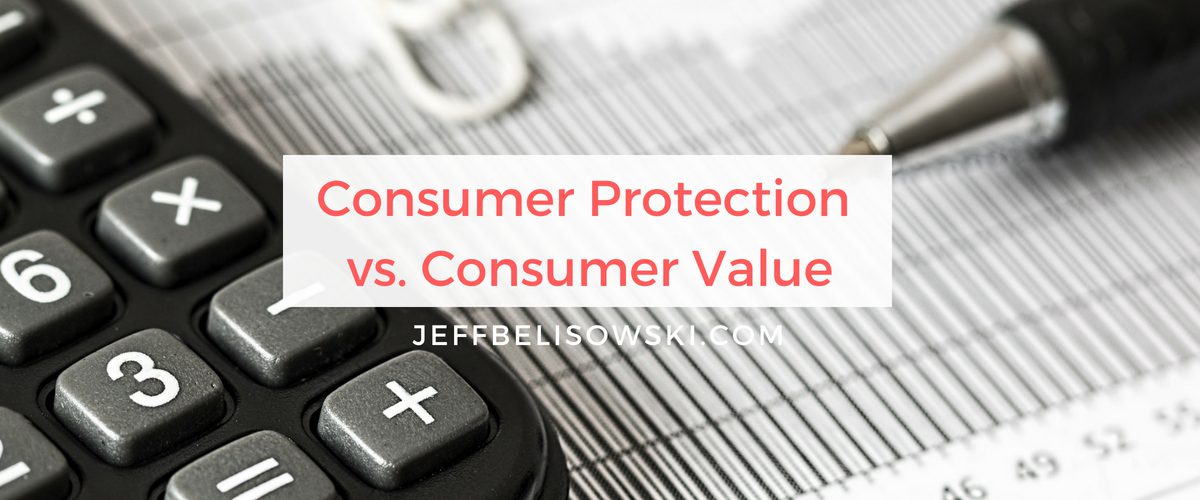Consumer Protection vs. Consumer Value |
||
|
|
||
|
It has become standard for retailers to offer low cost supplementary “insurance protection plans” on appliances and electronics. These plans may seem like a good idea, but before you buy one, be sure the plan actually offers real added value. Often, these plans overlap with other protection programs you already have.
|
| For example, reputable retailers usually sell products with solid manufacturer warranties, because they don’t want the bad reputation or the hassles that come from unhappy customers. In fact, in today’s competitive world, many retailers already have a “satisfaction guaranteed” policy built into everything they sell. In addition, if you are paying by credit card, you may have purchaser protection that is activated by simply using the card.
Of course, there are many consumer protection plans that do offer reasonable value. For example, some extended warranties offer a safety net after the manufacturer’s warranty runs out (similar to extended warranty automobile plans). In those cases, be sure the product is one you’ll want to keep and use for the duration of the warranty period. For example, it makes no sense to pay an extra thirty dollars on a one hundred dollar item, if you expect you will be able to buy a newer version in a few years for even less. Some “total care” service plans for complicated equipment, such as a car, computer or HVAC unit, are quite popular, as are “price freezing” plans on home utilities, such as electricity, gas and water. At the end of the day, it all comes down to your confidence in a product or service, and your willingness to put up with (or pay to avoid) the inconvenience of complaining, should it fail to meet your expectations. Jeff Belisowski Not intended to solicit properties currently listed for sale or buyers under contract. |

